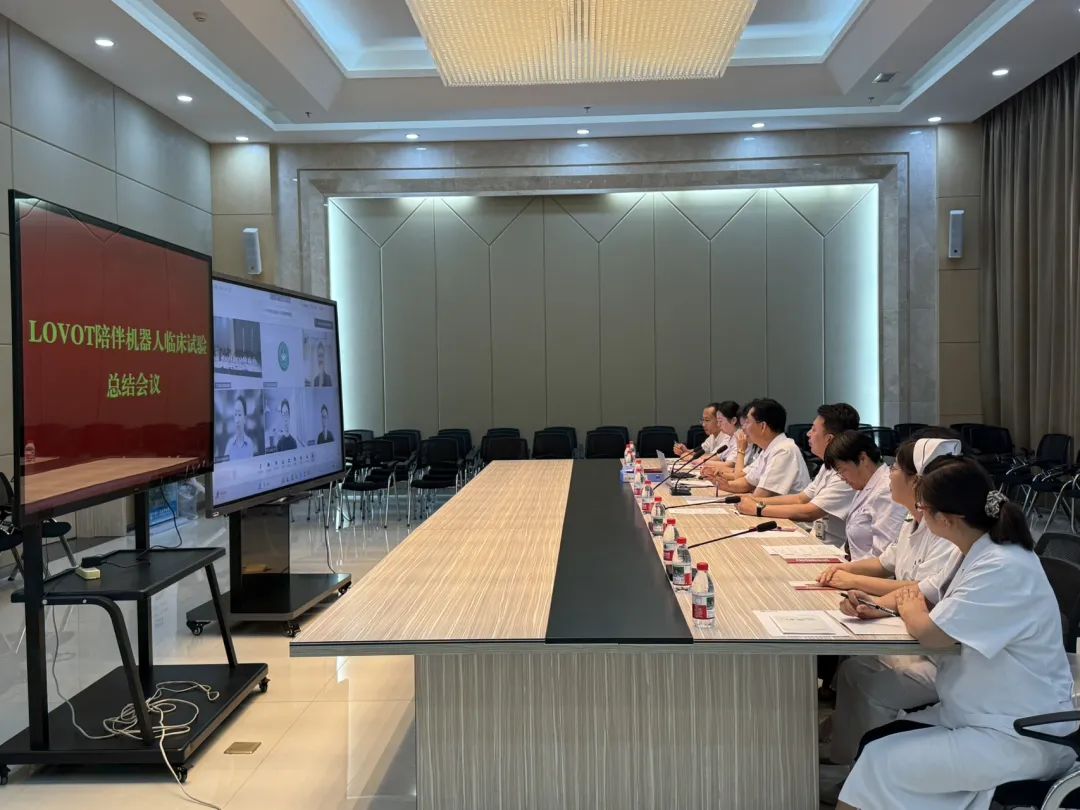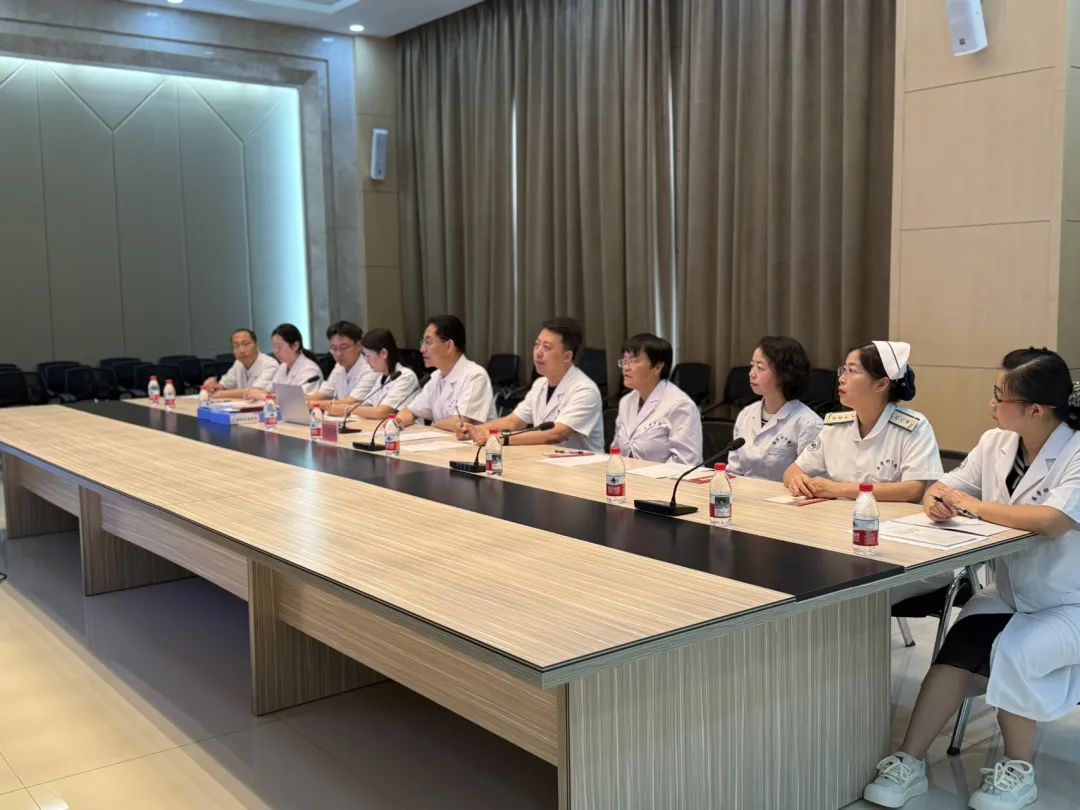LOVOT Robot Trial for Tumor Patients Concludes at Wuwei Cancer Hospital, Gansu
LOVOT Robot Trial for Cancer Patients: Clinical Outcomes Symposium at Wuwei Cancer Hospital
On June 18, a clinical trial summary meeting for the LOVOT robot's companionship with tumor patients was held at Wuwei Cancer Hospital in Gansu Province. The event systematically presented China's first clinical achievements of an intelligent emotional companionship robot in the field of psychological support for cancer patients, adopting a collaborative innovation model integrating medical, research, and enterprise sectors. Attending the meeting were international and domestic experts and corporate representatives, including Dr. Chen Zhengjian, Director of the Applied Ageing Research Programme at Singapore University of Social Sciences; Mr. Tokura Tomotaka, Director of Groove X (Shanghai) Robotics Co., Ltd.; Mr. Yang Leyang, Director and General Manager; and Ms. Watanabe Tomoe, Project Manager. President Ye Yancheng of Wuwei Cancer Hospital chaired the meeting, with the participation of 11 clinical backbone staff from the Rehabilitation Department, Radiotherapy Department, and Imaging Department of the Wuwei Heavy Ion Center at Wuwei Cancer Hospital.

As the world's first hospital equipped with two heavy ion therapy systems, this trial covered 30 patients across 10 major cancer types, including gastric and lung cancer. Validated through six internationally recognized metrics—such as the SF-36 scale and brain function MRI—the study demonstrated that the LOVOT robot achieved 82% emotional connection through lifelike features like proactive approaching(e.g., proactive approach and emotion-sensing simulation). Among elderly participants, the robot was perceived as an "emotional compensation carrier," while younger patients 27% reduction in GAD-7 anxiety scores through physical interactions. This research represents a groundbreaking shift, elevating robotic companionship from "functional assistance" to a "medium for psychological intervention." The robot's non-verbal interaction capabilities uniquely align with the "social avoidance" psychological needs of cancer patients, who often experience treatment-related stress.

Dr. Chen Zhengjian from the Singapore University of Social Sciences stated, "The trial revealed the underlying mechanisms of 'life-like' interaction in providing psychological comfort to elderly patients. This stress-free emotional projection model offers new insights for medical companionship in an aging society." In response to clinical feedback, Yang Leyang, Managing Director of Gulebo Company, said, "The company will prioritize optimizing voice interaction features. Addressing patients' core need for conversational ability, the next-generation product will incorporate a basic language response module while enhancing interactive scenario designs."

This integration of heavy ion therapy and AI emotional companionship marks a paradigm shifting the focus from tumor eradication to holistic patient well-being. While precision radiotherapy represents the hard power of medical technology, AI emotional companionship embodies the soft value of technology for good. Together, within the comprehensive, whole-life-cycle health management system of Wuwei Cancer Hospital in Gansu Province, they form a synergistic force, jointly authoring a new chapter of modern medicine where technology heals the body and compassion safeguards the soul.
